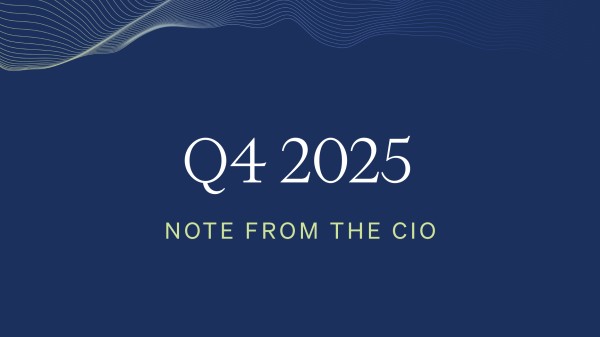We develop tailored financial strategies that integrate our clients' needs with their investments.
How We Invest
Our Investment Principles
“Wealth is not determined by investment performance, but by investor behavior.”
Nick Murray

Are We the Firm for You?
Finding the Right Advisor
is Important.
We may be a good fit if:
- You want a clear financial plan and investment strategy to reach your goals.
- Getting and keeping your entire financial house in order is a priority.
- You value having an ongoing relationship with a trusted partner.
Professional Affiliations










